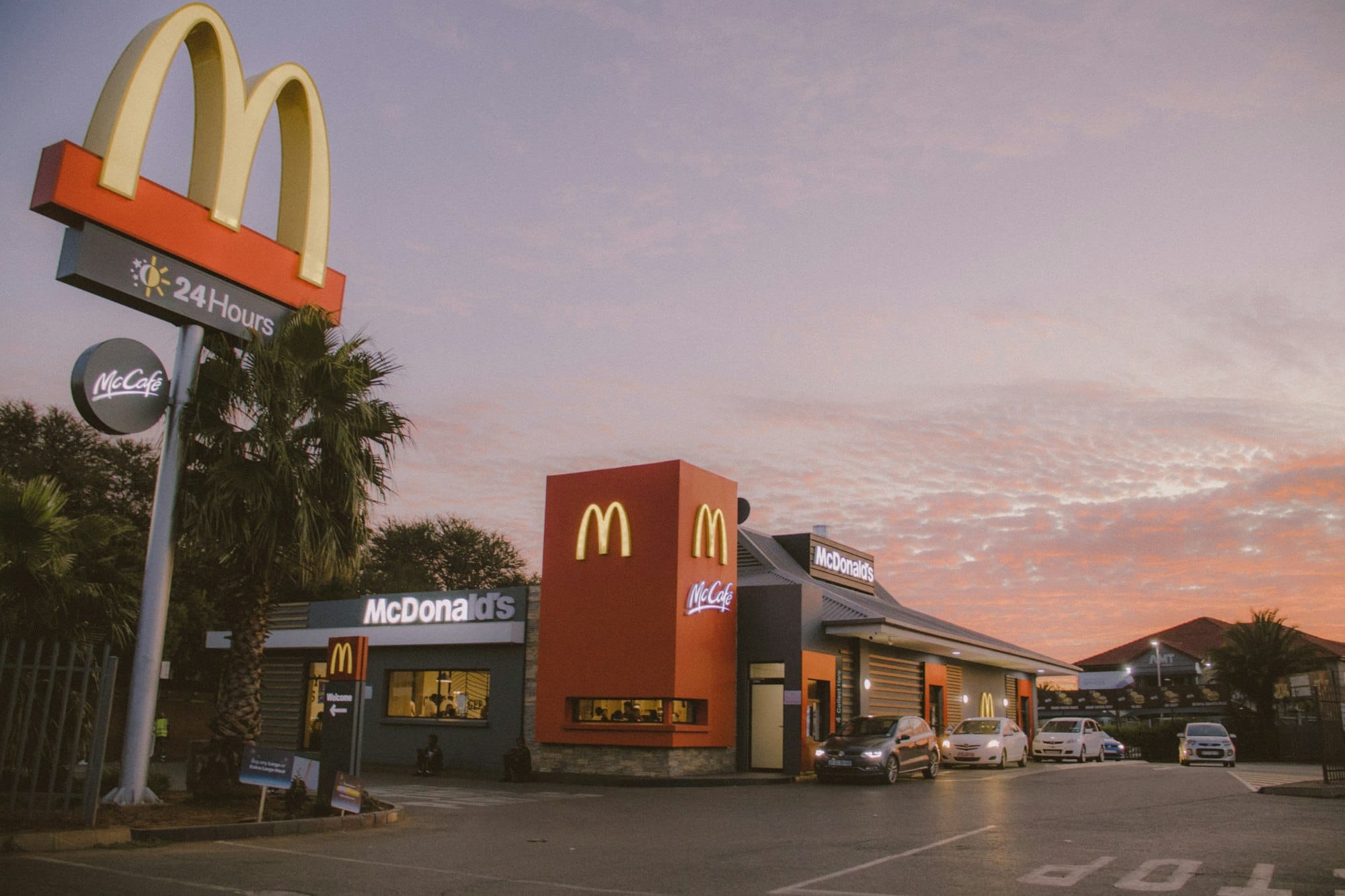McDonald’s Tax Planning in Europe

On December 3, 2015, the European Union announced a formal investigation into McDonald’s use of tax rulings in Luxembourg to avoid taxes. The investigation revealed that since 2009, despite generating significant profits in Luxembourg (in 2013 alone, McDonald’s earned over €250 million, approximately 1.9 billion RMB), the company had not paid any corporate income tax. The reason? McDonald’s leveraged two tax rulings granted by Luxembourg in 2009.
Margrethe Vestager, the EU’s “Tax Queen,” announced the investigation, stating:
“Under EU state aid rules, we must carefully examine a tax ruling that allows McDonald’s to pay no tax on its European royalties either in Luxembourg or the US. Double taxation treaties aim to avoid double taxation—not to create double non-taxation.”
However, nearly three years later, on September 19, 2018, the European Commission concluded that the tax rulings did not violate EU state aid rules. On the day the results were announced, Vestager candidly admitted:
“…Our in-depth investigation has shown that the double non-taxation in this case resulted from a mismatch between Luxembourg and US tax laws, not from any special treatment by Luxembourg. Therefore, Luxembourg did not breach EU state aid rules. Of course, the fact remains that McDonald’s paid no tax on these profits—this is not how it should be from a tax fairness perspective. This is why I strongly welcome the steps Luxembourg is taking to address the issue through legislation and to prevent such cases in the future.”
How exactly did McDonald’s legally avoid taxes? What were the details of Luxembourg’s tax rulings? And why did the Tax Queen back down this time?

